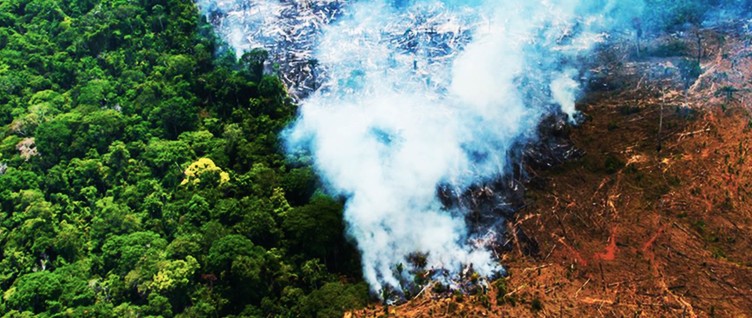As we approach the 2023 United Nations COP28 UAE Summit in Dubai, I want to emphasize the importance of sustainable investments in climate and forest conservation. Amidst the unrest surrounding the Voluntary Carbon Market and avoidance projects specifically, my message is clear: it is crucial to continue investing in the protection of tropical forests through the UN REDD+ mechanism.
This is because scientifically, there is no scenario in which we achieve our climate goals without actively contributing to the preservation of tropical forests:
- If properly protected and restored, forests can store 226 Gt of CO2, which is a third of what is globally needed to keep below the 2-degree ceiling.
- More than half of that can be realized by protecting existing forests, reverting degradation, and using more responsible forest management.
- Next to that forests play a key role in global biodiversity: well over half of the world’s land-based animals live in forests.
- And forests feed and provide livelihood for more than 800M people worldwide.
Investing in the protection of tropical forests through REDD+ is the only mechanism currently to do this at the pace and scale needed to have any chance of staying below 2 degrees. It took almost 20 years to develop. I’m not opposed to new mechanisms, we just don’t have the time to do nothing while they develop. This message is a call to action to investors, corporates, and politicians, to remain committed to climate investments, with specific emphasis on tropical forest projects. Emphasizing that support for the voluntary carbon market and the accelerated implementation of trust-building mechanisms are necessary to support these projects and ensure the preservation of tropical forests.
Developing projects with tangible impact and honouring our commitments are of top importance. Local communities have to be at the core of the initiatives and benefit from them, very nicely said in this study: that only when healthy biodiversity is the preferred choice for local people can ecosystem restoration initiatives be sustainable in the long term.
While criticisms calling for improvements abound, and should not be ignored. Work is underway to enhance methodologies, and current criticisms often target projects employing outdated methods. Let us view these criticisms as crucial steps toward better methods and improved outcomes.
As an example of the importance of investments in tropical forests, I would like to highlight one of Treevive’s projects in collaboration with FORCERT in Papua New Guinea. This project is focused on the avoidance of planned deforestation—a proactive strategy against intentional clearing by commercial organizations. This forest is a powerful example because, without financial support, the entire forest in that area is sure to be lost. Investments in such projects are essential to preserve tropical forests and the communities that have lived there for many generations!
Ensuring success in these kinds of projects begins with establishing a solid baseline—a thorough and honest inventory of the forest. With Treevive we combine advanced technologies with the expertise of tropical forest specialists, that’s why we work closely together with Form International. Caution is crucial in calculating results, and avoiding excessive optimism. Continuous monitoring, preferably annually, is essential to detect deviations from the original plans promptly. This allows for better responses to actual events and less reliance on assumptions. However, it remains a delicate balance, and companies purchasing carbon credits must be aware of precisely what they are investing in.
As the Chairman of the REDD+ Business Initiative and working at Treevive, I acknowledge the challenges for the voluntary carbon market and avoidance projects in particular. Making assumptions about the future of tropical forests will never be an exact science. Yet, the presence of risks and uncertainties should not lead to withdrawal. Treevive takes the lead in these projects, ensuring long-term investments in vulnerable forests and ecosystems. This means constant monitoring, adjusting plans, and above all, maintaining a steadfast belief in the value of investing in tropical forests. And I’m proud of the corporate buyers in the REDD+ Business Initiative that continue their commitment to invest in protecting the world’s precious tropical forests.
—
This blog is written by Michel Schuurman
November 2023


